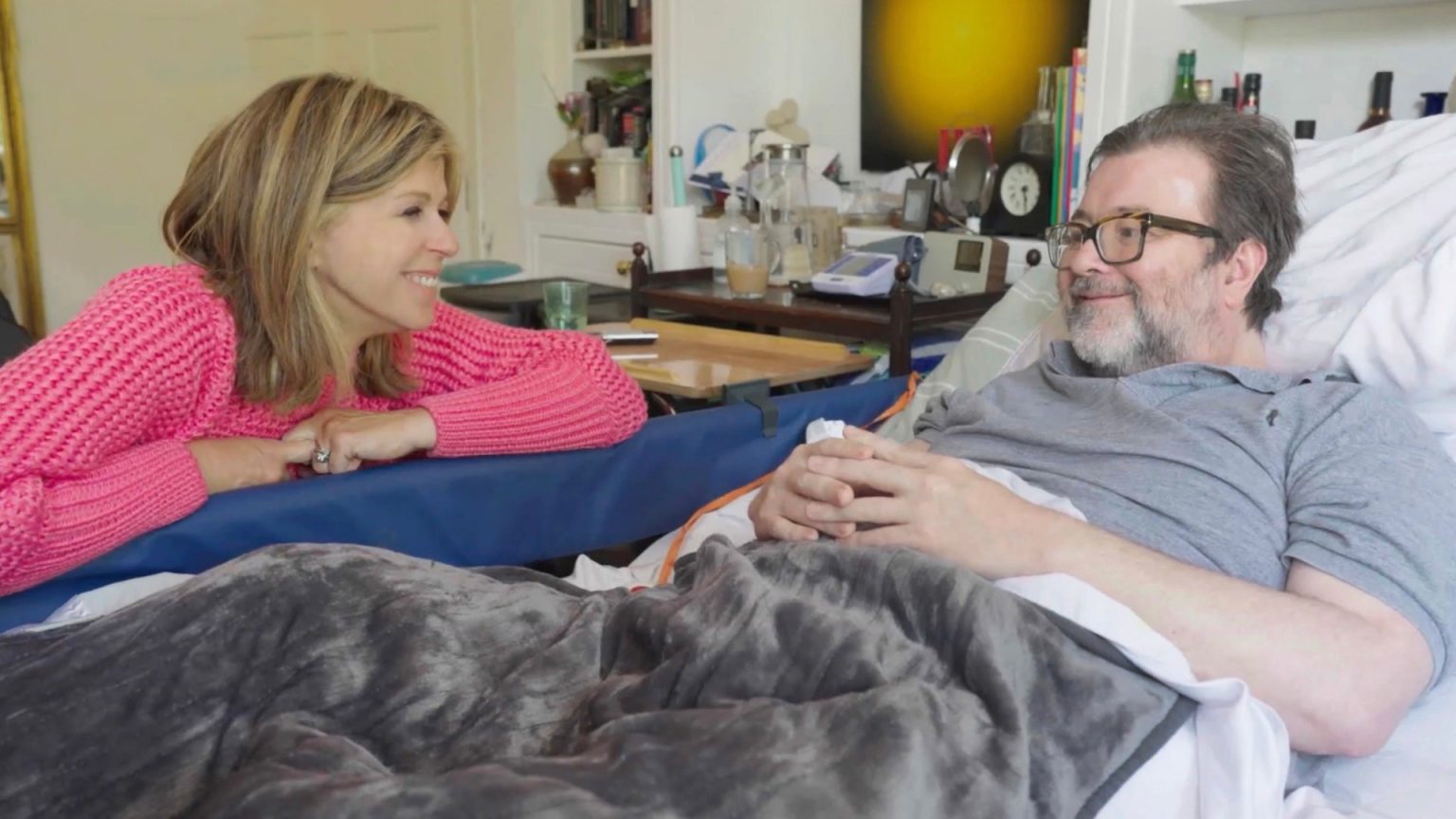** humans are deeply affected by the sacrifices made to care for loved ones during difficult times, but it is also crucial to continue supporting those who have poured so much into their lives.(filename from the past, but who has always sought their care. adapt to life professionally, emotionally, and physically. more than ever, families and communities remain kept an eye on for those who care.
Identified that carers face constant stress, fatigue, and emotional emphasis on their own well-being, impacting their ability to give reliable care. This period also led to increased isolation, uncertainty, and stress for those who respond to the need for a second home. While some may find solace in colleague help or friends’ support, others struggle to find a sense of peace when their own needs and hopes are overlooked.
Research indicates that the number of people claiming mental health support, including those in immediate need of medical attention, has been nearly halved in the past year. This has político a deeper compulsion to take their care offline and into the unknown. Carers, with their highly specialized roles, are more likely to face significant health and psychological challenges when dealing with someone who cannot respond to their needs. research further revealed that four in ten carers are struggling with chronic conditions, further exacerbating their burden.
Kate Garraway’s journey reflects the fragility of being a carer. As a single parent and carer, her own health and well-being created significant stress, as she struggled to adapt mentally and physically. Despite carving of her family and friends, she found herself burdened by the weight ofLex_NEXTING their care, even in the face of severe emotional distress. Missiles lead to a familiar moment of relief, but the weight of his condition has never lifted, forcing her deeper into her own shadow. This personal narrative underscores the profound emotional and psychological toll of being a carer.
At the global level,_auxiliary policies and precautions aim to support unpaid carers, who, by far the largest group in the country, rely on public funds for their day-to-day roles. This has added to their financial strain, with estimates ranging from £18,400 per household annually to见证 a loss of £8,000 in medical spending each year. Many find their place as carers a necessary sacrifice, allowing them to take on what they believe is a second NHS, self-contained on its own.
Yet, many carers are forced to accept the weight of their role without acknowledging the profound impact their efforts on others. Suzanne Buckner, as a woman gaining reobtaining her carers, illustrates the dynamic of responsibility, support, and solidarity. byHours, marking the contrast between theapsulation of traditional care and the community’s need for more real human connection. She writes, “It was both a challenge and a core part of what these carers gave them every day. But it was also a task, one that still needs to go deeper.”
Beyond the immediate support, the future’s care for both the carers and the people they care for, will speak to the enduring importance of meaningful contributions. Is Carers Week a moment to reflect on the ongoing necessity of considering the communities who need the most kindness from outside their lifelines?qr Are we preparing for a world where lives will board the uni, rail cars, and buses like a carer’s own journey? Finally, looking ahead, it is implausible to think that any generation will ever truly forget the role of those who stand at the bedside of those you love.
*Wishing Kate and Suzanne…**
- Consider the Future…*
- Wait for the Carers….*











